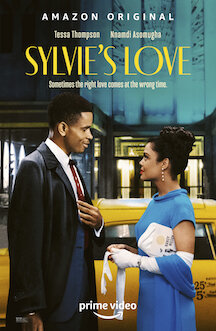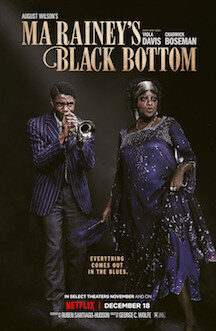Direction: Andrew Ahn
Country: USA
Notably generous and affecting, Driveways is a low-key drama film about transitions in life, which gets its primal source of emotion from a sweet inter-generational friendship.
The lonely 8-year-old Cody (Lucas Jaye) accompanies his single-mother, Kathy (Hong Chau), to her older sister’s house, which is abandoned since her death. While she cleans up what seems to be a hoarder’s nest, the fragile, sensitive Cody befriends the Korea war-vet next door, Del (veteran Brian Dennehy passed away last May at 81), preferring to hang with this widower than with the kids of his age.
Filmed with delicate sensitivity and acted accordingly, Driveways borrows the placid tones of Hou Hsiao-hsien, Hirokazu Koreeda and Andrew Yang for its own good. Yet, even developing under a familiar ambiance, writer/director Andrew Ahn (Spa Night) never allows it to sink into draining melodrama. He directs with a cool, steady hand, renouncing to shaky or brusque camera movements in order to take the best introspective abilities from the young Jaye, who is the real star here.
Transitions are not just related to physical moves from one place to another, but also to learning from life in its different stages. It was quite touching to see Cody and Del open up with each other about their concerns.
Although the languid pace won’t serve every viewer’s motivation, Ahn manages to give the story a nice simple touch and warm coloration.








































